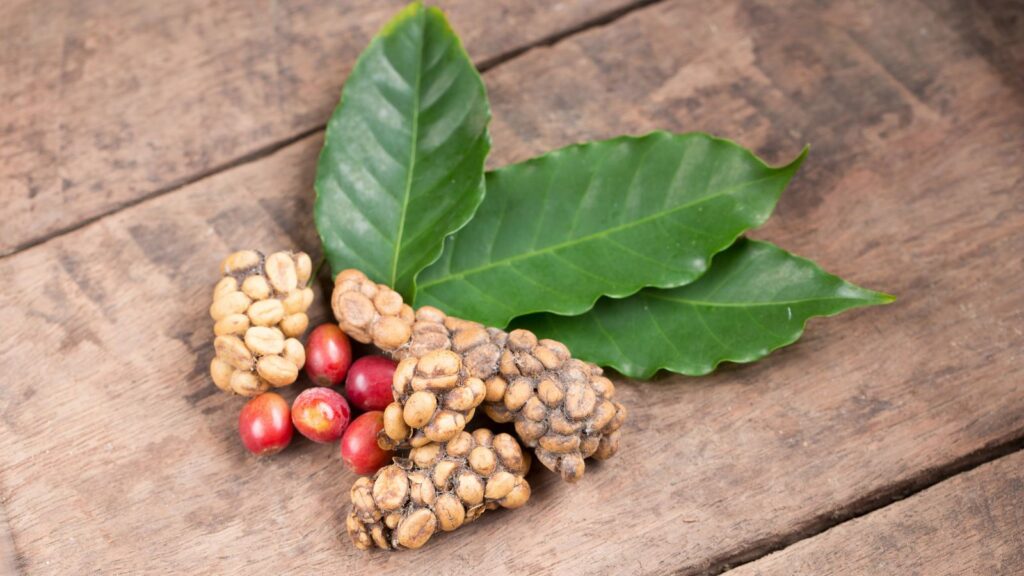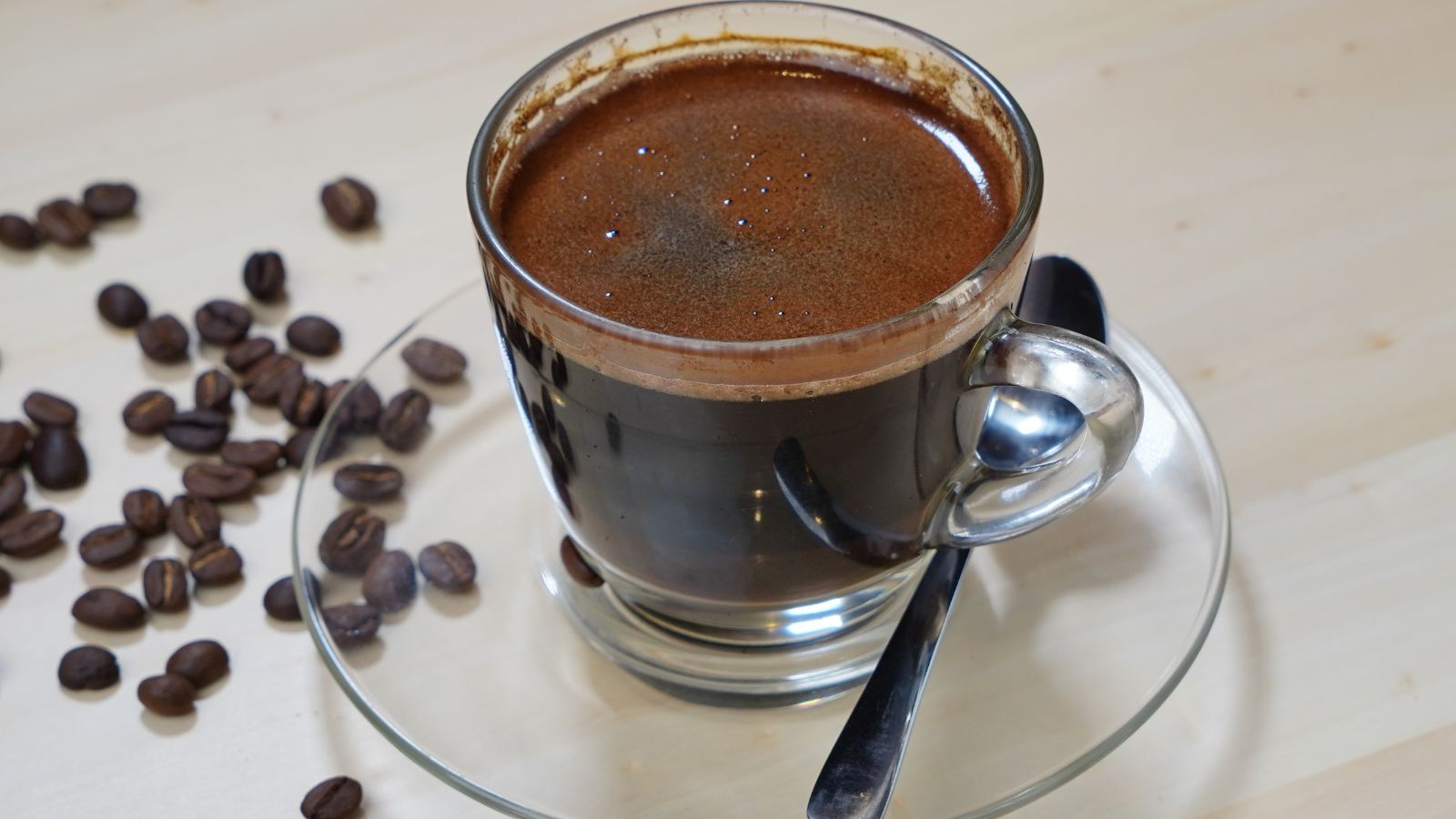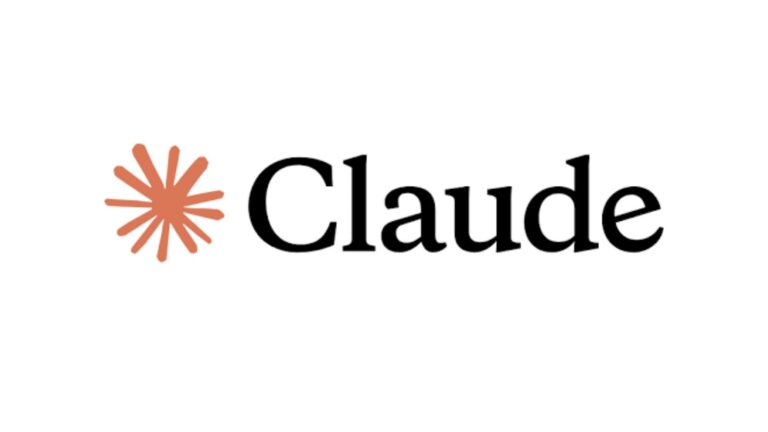Kopi Luwak is one of the world’s most expensive and unusual coffees, originating mainly from Indonesia. Its uniqueness lies in the role of the Asian palm civet, a small nocturnal mammal that feeds on ripe coffee cherries. Civets are highly selective eaters, instinctively choosing only the ripest and sweetest berries. Once eaten, the fruit pulp is digested, but the coffee beans pass through the civet’s intestines largely intact. During digestion, natural enzymes act on the beans, breaking down certain proteins and reducing bitterness while enhancing smoothness.
The beans are then excreted, carefully collected from the forest floor or civet farms, thoroughly washed, sun-dried, and roasted. This results in coffee with a smooth, earthy flavor, lower acidity, and a distinctive aroma. Authentic wild-sourced Kopi Luwak is extremely rare and commands premium prices, often ranging from USD 250 to 600 per pound (roughly INR 20,000 to 50,000 per kilogram), depending on origin and quality.

Wild Kopi Luwak is prized over farmed versions because free-roaming civets naturally select the finest cherries. Farmed civets, often kept in confined conditions, are fed cherries indiscriminately, which impacts both ethical sourcing and flavor complexity. Genuine wild-sourced beans produce a cleaner, more refined cup.
In Indonesian and Malay languages, the name Kopi Luwak translates to “coffee of the civet.” Because of its rarity and labor-intensive collection, genuine Kopi Luwak is a luxury product, though ethical and sustainable sourcing has become a growing concern.



